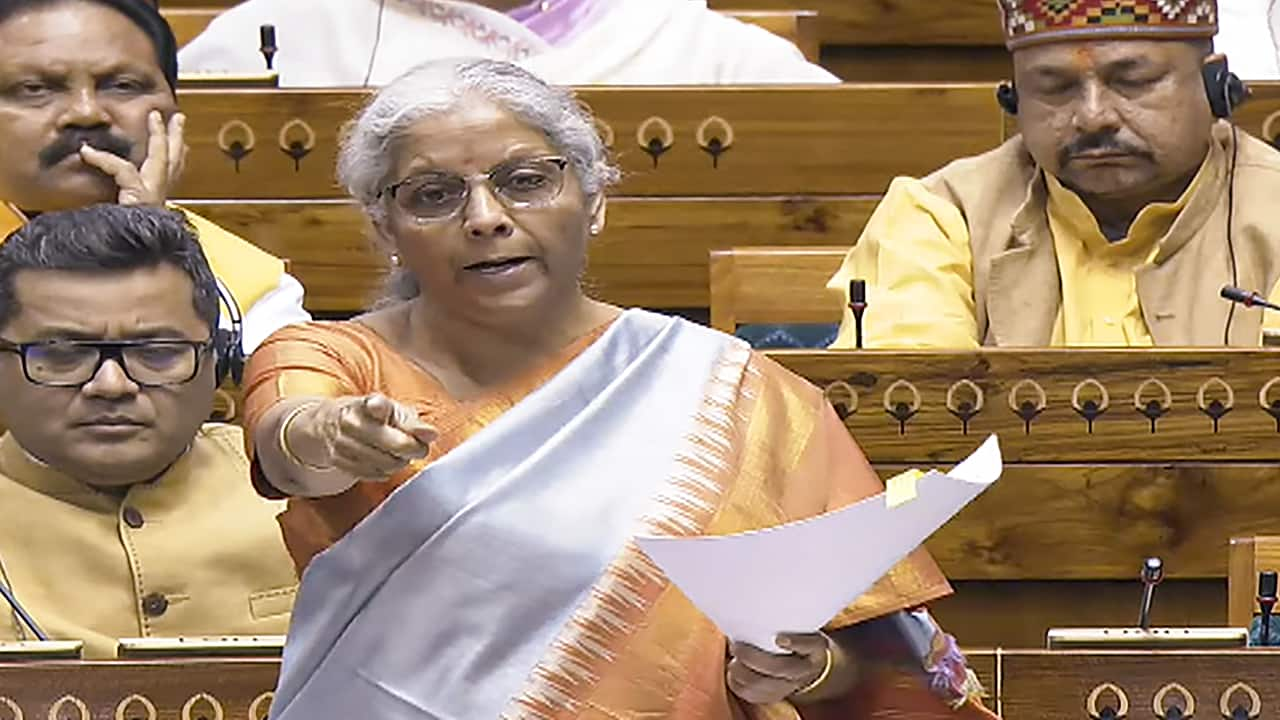 |
|
The Indian government's relentless pursuit of economic offenders has yielded significant results, as evidenced by the recent recovery of substantial funds from the sale of assets belonging to fugitives. Finance Minister Nirmala Sitharaman announced in the Lok Sabha that Rs 14,131.6 crore has been returned to public sector banks (PSBs) following the sale of assets belonging to Vijay Mallya, the former chairman of the now-defunct Kingfisher Airlines. This recovery represents a major step towards recouping losses incurred by banks due to Mallya's alleged fraudulent activities and subsequent flight from the country. The success in recovering these funds highlights the effectiveness of the government's strategies in pursuing and prosecuting individuals accused of economic crimes, even those who have fled India's jurisdiction. The scale of the recovery underscores the significant financial impact of such offenses and the government's commitment to holding perpetrators accountable.
Beyond the recovery from Mallya's assets, the Enforcement Directorate (ED) has demonstrated its effectiveness in recovering funds from other economic offenders. The ED reported recovering nearly Rs 22,280 crore through the sale of assets belonging to various economic offenders. This amount was returned either to victims or the rightful claimants, demonstrating a concerted effort to not only recover stolen assets but also to ensure their return to those who suffered losses. In the case of Nirav Modi, another fugitive accused of fraud, properties worth Rs 1,052.58 crore have been restored to PSBs and private banks. Further, in the Mehul Choksi case, properties worth Rs 2,565.90 crore have been attached and are slated for auction. These recoveries highlight the ongoing efforts by the ED to track down and seize assets belonging to individuals accused of significant financial crimes, irrespective of their location. The consistent success in these cases demonstrates a growing capability to effectively navigate international legal frameworks to recover assets obtained through illicit means.
The government's efforts extend beyond the recovery of assets from specific cases. The Black Money (Undisclosed Foreign Income and Assets) and Imposition of Tax Act, 2015, has proven to be a significant deterrent, encouraging greater transparency and voluntary disclosure of foreign assets by taxpayers. The number of taxpayers disclosing details of foreign assets has increased dramatically, rising from 60,467 in 2021-22 to 2 lakh in 2024-25. This significant increase suggests that the Act's provisions, along with the government's robust enforcement efforts, are effectively deterring tax evasion and encouraging compliance. Furthermore, the government has taken decisive action against undisclosed foreign assets, raising demands of more than Rs 17,520 crore in 697 cases as of June 2024. A total of 163 prosecutions have been launched, demonstrating the government's commitment to pursuing and prosecuting those involved in illegal financial activities. The government's proactive approach has successfully brought to light undisclosed income totaling Rs 33,393 crore in 582 cases.
The establishment of a Multi-Agency Group (MAG) further strengthens the government's capabilities in combating financial crime. The MAG, comprising representatives from various enforcement agencies, facilitates coordinated and expeditious investigations of foreign asset cases. This collaborative approach improves efficiency and effectiveness, ensuring that investigations are conducted thoroughly and swiftly. This inter-agency collaboration is crucial in addressing the complex and often transnational nature of financial crimes. The government's proactive stance, coupled with the increased transparency and enforcement mechanisms, sends a strong message to potential offenders, discouraging illicit financial activities and bolstering confidence in the system. The ongoing probes into cases related to HSBC, ICIJ, Panama, Paradise, and Pandora leaks demonstrate a commitment to holding accountable individuals and institutions involved in international financial wrongdoing, regardless of their location or influence.
In conclusion, the government’s approach to recovering assets from economic offenders, coupled with the implementation of the Black Money Act and the establishment of the MAG, represents a significant step towards strengthening financial integrity and deterring future instances of economic crime. The substantial recoveries, increased disclosures, and ongoing investigations clearly demonstrate a firm resolve to pursue those who seek to evade taxes and engage in fraudulent activities, regardless of their location or attempts at evasion. This multi-pronged strategy not only recovers funds for the benefit of the banks and victims but also fosters a more transparent and accountable financial environment in India.
Source: Rs 14,000 crore returned to banks from sale of Vijay Mallya's assets: FM Nirmala Sitharaman
